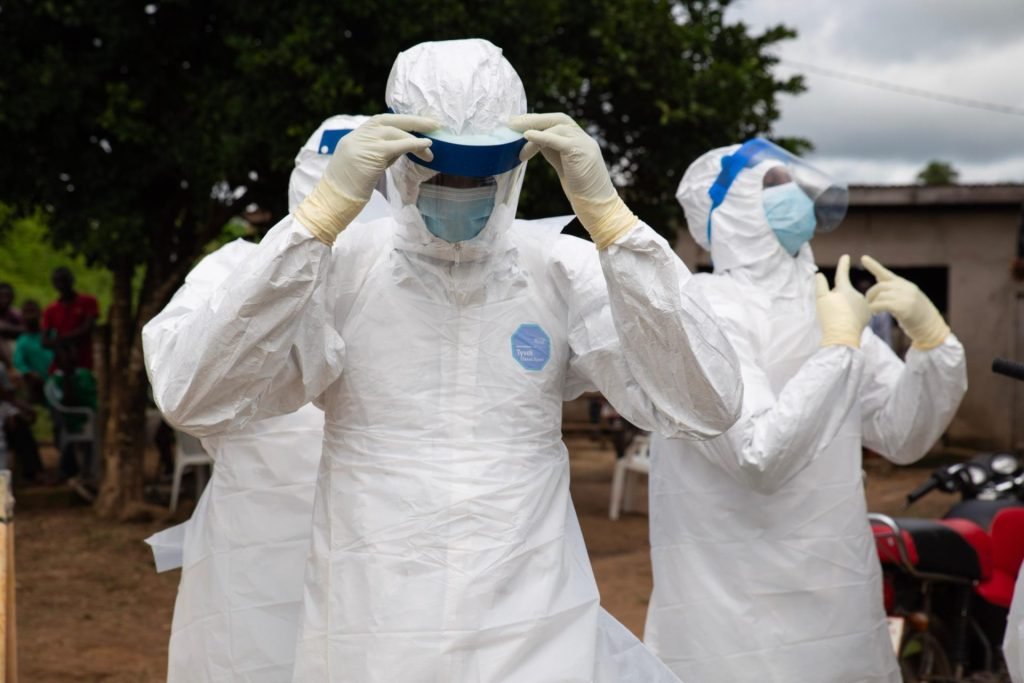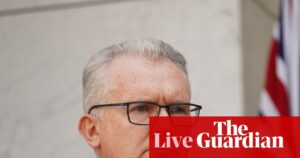
GENEVA, Sept 12 (Reuters) – The World Health Organization (WHO) has expressed cautious optimism about containing the latest Ebola outbreak in the Democratic Republic of Congo, but stresses that critical actions must be taken within the next two weeks to prevent a wider crisis. This warning comes amidst the declaration of the country’s first Ebola outbreak in three years, marking its 16th overall and the first occurrence in Kasai province since 2008.
According to the latest data from the Congolese health ministry, there are currently 32 suspected cases, 20 confirmed cases, and 16 deaths. Patrick Otim, WHO Programme Area Manager, emphasized the urgency of the situation during a briefing in Geneva, stating, “Containing the outbreak is possible, but it will be challenging if we miss the window of opportunity.” He called for increased support for the Congolese government and its partners.
Urgent Need for Resources and Support
The WHO has highlighted the necessity of deploying both human and material resources swiftly to address the outbreak. “We have the expertise, DRC has the expertise, but we need to be able to get the people and supplies into place and we need to be able to pay for the operations,” Otim explained. The WHO reported last week that Congo has a stockpile of treatments and 2,000 doses of the Ervebo vaccine, which are being sent to Kasai to vaccinate frontline health workers and those in contact with patients.
As of Friday, 400 vaccine doses had reached Bulape, the epicenter of the outbreak, and vaccination efforts were slated to begin on Saturday. The WHO is also planning to request an additional 40,000 to 50,000 vaccine doses to bolster the containment efforts.
Challenges in Response Efforts
The response to the outbreak is complicated by recent reductions in foreign aid and the restructuring of the U.S. Agency for International Development under the Trump administration. Several aid workers have expressed concerns about Congo’s capacity to mount an effective response under these constraints. Otim noted the limited capacity to respond in Kasai, highlighting the need for new treatment facilities as the outbreak could potentially expand. A new case has already been confirmed 70 kilometers from the current epicenter.
The risk of the outbreak spreading beyond Congo’s borders is considered moderate, with Angola identified as the most at-risk neighboring country. “There is moderate risk of the outbreak spreading to other countries,” Otim warned, underscoring the importance of regional preparedness and cooperation.
Historical Context and Future Implications
Congo’s history with Ebola is marked by both challenges and successes. The country has experienced several outbreaks since the virus was first identified there in 1976. The most recent significant outbreak, which occurred in 2018, was successfully contained with international support and the deployment of new vaccines.
The current situation in Kasai presents a unique set of challenges, given the province’s relative isolation and limited healthcare infrastructure. The WHO’s call for swift action and international support echoes past experiences where timely intervention proved crucial in preventing widespread transmission.
Looking forward, the success of containment efforts will depend largely on the rapid deployment of resources and the international community’s willingness to support Congo’s response. The WHO’s proactive stance and the availability of vaccines are positive indicators, but the situation remains precarious.
As the world watches, the next two weeks will be critical in determining whether this outbreak can be contained or if it will escalate into a broader public health crisis. The global health community stands at a crossroads, with the potential to either avert disaster or face a significant setback in the fight against Ebola.






